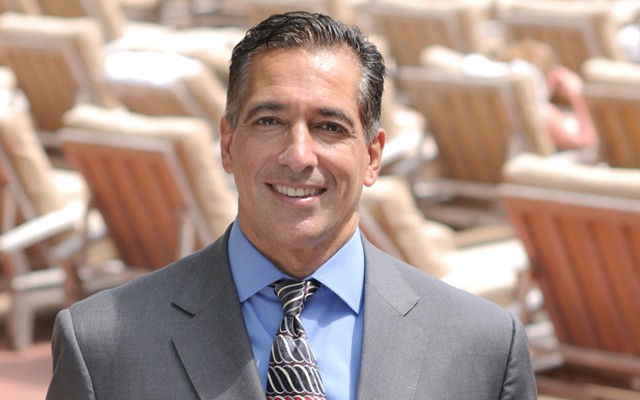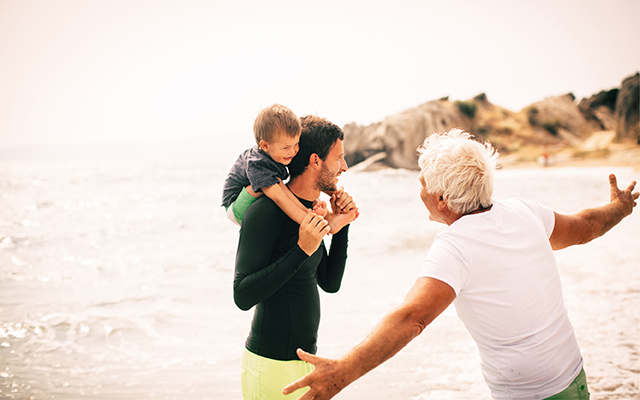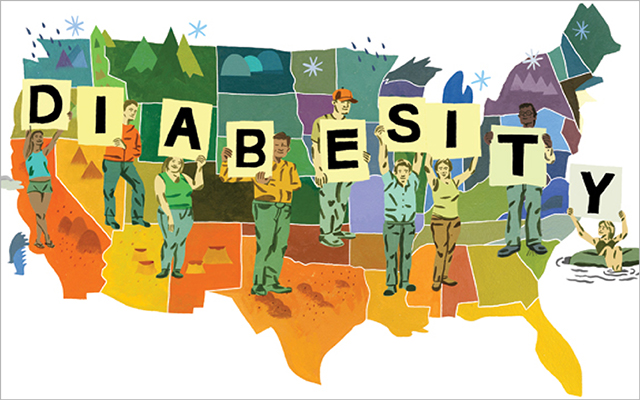A few weeks ago, I was out doing some landscaping work on land near my home — a piece of property I purchased a few years back and have been cleaning up on weekends, or whenever I can find the time.
On this particular day, while I was working, an older gentleman happened to wander through (it’s a mixed-use area of farms, woods and homes in which local residents occasionally encounter one another), and after greeting me, he posed what I thought was a straightforward question.
“Is this your land?” he asked.
I replied that it was. And then, to my surprise, the gentleman shook his head, and in a friendly but matter-of-fact way, said: “No, it’s not.”
I was taken aback for a moment, and got a bit flustered trying to formulate a polite reply. “Well, yes … actually, it is,” I explained. “I bought it a couple of years ago from the people who owned it for decades before that, but it’s mine now. I own it outright.”
The man acknowledged my response, but didn’t seem the least bit phased. “You can’t own this land,” he said. “No one can. The land was here long before any of us were, and it will be here long after we’re all gone. You’re really just renting it.”
I reflected for a moment on what he was saying, and realized that, like it or not, the guy was right. The fact that I held the legal deed to the property meant very little when considered from that larger perspective.
I thanked the man for sharing his wisdom. He continued on his way, and I went back to my work. But the epiphany continued to circle in my mind for quite some time, and to my surprise, I found it strangely comforting.
We get so caught up in our ideas of what we own, think we own, or are afraid to lose, and we get especially caught up obsessing about what we want to own next. We have this notion that our owner status is a source of security, when more often it’s a massive source of delusion, anxiety and stress.
Such misguided beliefs about ownership lead us humans to act as though we own the earth — or pieces of it — when it’s evident that, on the contrary, we are just another of this planet’s many amazing resident creatures.
It is we, of course, who belong to Mother Earth, and not the other way around. But that doesn’t stop us from cutting, drilling, dividing and exploiting the chunks of Earth that are within our current control. It doesn’t stop us from acting as though the earth is “ours,” which, when you stop to think about it, is the height of arrogance.
Sometimes it takes a fearsome display of Mother Nature’s extraordinary power — like the earthquakes, tsunamis, hurricanes and volcanic eruptions we’ve seen in recent years — for us to remember who is really in charge, and how easily Earth can shrug, flood or shake us off if she chooses.
Reflecting on all this made me more fully appreciate my neighbor’s gentle reminder that day, and I spent the rest of the afternoon feeling the solid, centering weight of that truth on my conscience.
It’s an important awareness to maintain: We really are just here for a short period of time. And we are here as a guest of a planet whose much longer history and vast complexity we are prone to ignoring.
Remembering our proper place in the order of things — letting go, even briefly, of the illusion that everything around us is or should be within our sphere of control and ownership — is a wonderfully healthy thing to do. It puts our focus squarely back on the only things we really can take ownership of: our own attitudes, choices and behaviors.
Choosing to live a healthy, meaningful life; living in a way that brings us and others happiness; treating ourselves, our communities and the planet we inhabit with respect — these are the things that bring us a healthy and appropriate sense of ownership. And they are a terrific place to put our focus and energy this spring.
Learn more about what Life Time Fitness is doing to improve its environmental footprint at lifetimefitness.com/sustainability.



This Post Has 0 Comments